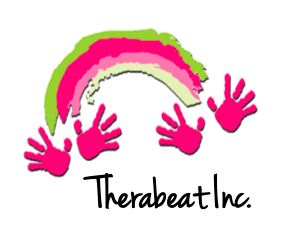Humanistic music therapy is rooted in the belief that everybody can actualize their desires for their health and well-being and that conditions and states present opportunities for change. A humanistic music therapist does not need to limit themselves to only utilizing humanism in their practice. Humanistic music therapists can learn and practice techniques from other therapeutic approaches as long as they keep the core principles of humanism.
Bugental (1964) published five core principles of humanism in psychology.
Humans are more than the sum of their parts and cannot be reduced to individual components.
Humans exist in a uniquely human context
Humans are conscious and aware of being conscious in the context of themselves and others
Humans have both choice and responsibility
Humans are intentional beings with goals, aware of how they play a role in future events and seek meaning, value, and creativity
These principles laid the foundation for humanism’s use in therapy. There are four foundations of humanistic music therapy and four humanistic constructs that exist outside of Bugental’s five principles. The four foundations of humanistic music therapy include clients, music, therapy goals, and the therapeutic process. The four core humanistic constructs include being, holism, agency, and relationship.
Humanistic music therapy is relational. It does not focus on the client’s response to interventions, but on how the treatment helps the client feel empowerment, meaning, and dignity. Relationships in humanistic music therapy are not just an aspect of the treatment but the therapy itself. Clients are regarded as beings. Being (in the context of humanism) is a way of existence centered on humanity and distinguishes each individual with a unique identity. This is typically contextualized most clearly as somebody’s name. Being is more concerned about the who rather than the what of the client's needs.
Humanism is practiced in music therapy through musicing. Musicing is the expression of a person’s aesthetic agency in action. Aesthetic agency is the capacity for an individual to control their musical experience. Goals in humanistic music therapy center around the “ongoing, evolving pursuit of self-actualization, or the maximal expression of human potential” (Wheeler et al., 2017). In the Humanistic music therapy intervention process, interventions are not isolated techniques accomplishing isolated goals but are understood by how they play a role within the context of the whole person.
-Janelle Lockney, Music Therapy Intern
References:
Wheeler, B. (2017). Music therapy handbook. The Guilford Press.

